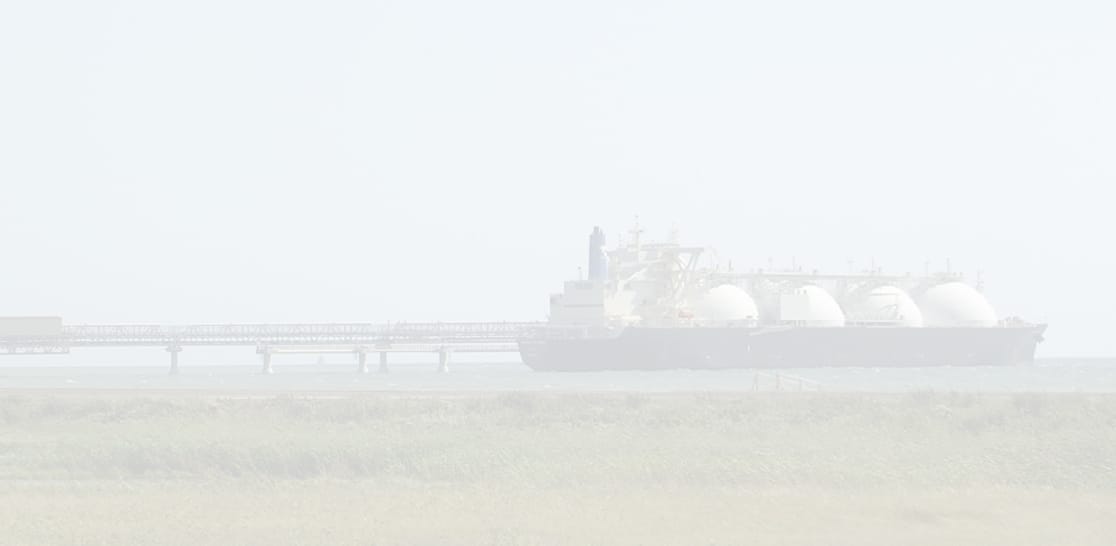2025.02.17
News
【Seminar, February 28】 “Trying (and perhaps failing) to understand development assistance and social innovation in Central Asia”
- International Relations and Economics
Date & Time : February 28 (Fri), 2025, 13:30-15:00 (GMT+9)
Speaker : Abel Polese (Dublin City University)
Title : Trying (and perhaps failing) to understand development assistance and social innovation in Central Asia
Venue : Room 403, Slavic-Eurasian Research Center (SRC), Hokkaido University, and online via Zoom
Registration for online participation:https://zoom.us/meeting/register/tWdjWCGGRxedyHHEUtX4Zw
Language : English
Organizer : Platform for Explorations in Survival Strategies at the SRC
Contact : Tomohiko Uyama < uyama[at]slav.hokudai.ac.jp > ([at] read as @)
Abstract : Development assistance to the Caucasus and Central Asian regions has grown significantly. What has possibly changed over the year is the focus switch from technical innovation and local market shares to social and human development. This is a major tendency in development in practice. In spite of this declarative intentions by local governments and international organizations to introduce social innovation in development and assistance have not been followed through by concrete and effective steps. At the core of this gap lies a major contradiction of development politics and a theoretical question in the social science: to explain the discrepancy between “imagined policies (and development)” and practices of development.
Why projects, even when (apparently) motivated by the best intentions fail to produce the desired outcome? The answer is complex and passes through several layers of inquiry, from Scott’s “seeing like a state” (1998) to some parts of informality theory (Polese 2023) up to empirical research criticising the role of international actors in the region and eventually colonial/decolonial debates that, although still development, can help explaining some attitudes and deficiencies in regional development.
Based on empirical observation (mostly from Kazakhstan and Uzbekistan but with observation also on Kyrgyzstan, Tajikistan and Turkmenistan) this presentation is intended to: a) offer some evidence on the way development is conceived in the region both by international actors, local governments and actors; b) suggest some theoretical lessons linking development in practice and social theory with a focus on the Central Asian (and more broadly the Eurasian) regions.



